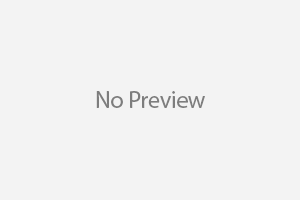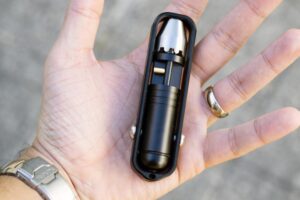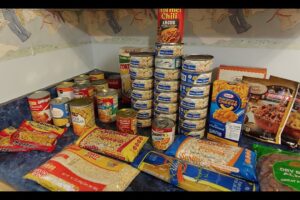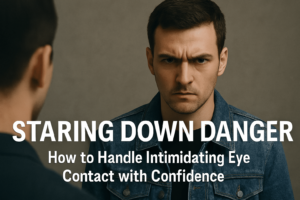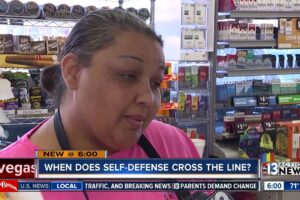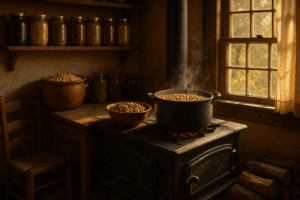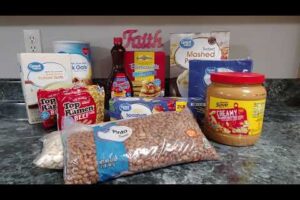Preparing for any situation is always a good idea, especially in times of uncertainty. Whether you are facing a natural disaster, power outage, or any other emergency, having a prepping checklist can help ensure that you and your loved ones are prepared for any situation that may arise. If you are new to prepping, it may seem overwhelming to know where to start. That’s why we have created a prepping checklist for beginners to help you get started on your prepping journey.
- Start with the basics: The first step in creating a prepping checklist is to start with the basics. This includes items that you and your family use on a daily basis such as food, water, and shelter. Make sure you have enough non-perishable food and water for at least three days for each person in your household. It’s also important to have a plan for shelter, whether it’s staying in your home or having a backup location.
- Create a first aid kit: In case of any injuries or medical emergencies, having a well-stocked first aid kit is essential. Make sure to include items such as bandages, pain relievers, antiseptics, and any necessary prescription medications.
- Stock up on hygiene and sanitation supplies: In a disaster situation, access to clean water and proper sanitation may be limited. That’s why it’s important to have items such as soap, hand sanitizer, toilet paper, and garbage bags in your prepping checklist. These items will help keep you and your family clean and prevent the spread of germs.
- Have a communication plan: In an emergency, communication is key. Make sure to have a plan in place for how you will stay in touch with your family and friends. This could include having a designated meeting spot or a way to communicate via phone or internet.
- Prepare for power outages: Power outages can happen unexpectedly, so it’s important to be prepared for them. Have a supply of batteries, flashlights, and a battery-powered radio in your prepping checklist. It’s also a good idea to have a backup generator or alternative power source if possible.
- Consider your specific needs: Every family’s needs are different, so it’s important to consider any specific needs you or your family members may have. This could include medications, pet supplies, or any special dietary needs.
- Don’t forget about important documents: In case of an emergency, it’s important to have copies of important documents such as identification, insurance papers, and medical records. Keep these in a waterproof and easily accessible location.
- Practice and update your checklist regularly: Once you have created your prepping checklist, it’s important to practice and update it regularly. This will ensure that you are well-prepared and have all the necessary items in case of an emergency.
In conclusion, having a prepping checklist for beginners is crucial in ensuring that you and your family are prepared for any situation that may arise. By following these steps and regularly updating your kit, you will be better prepared for most situations that will come along.



